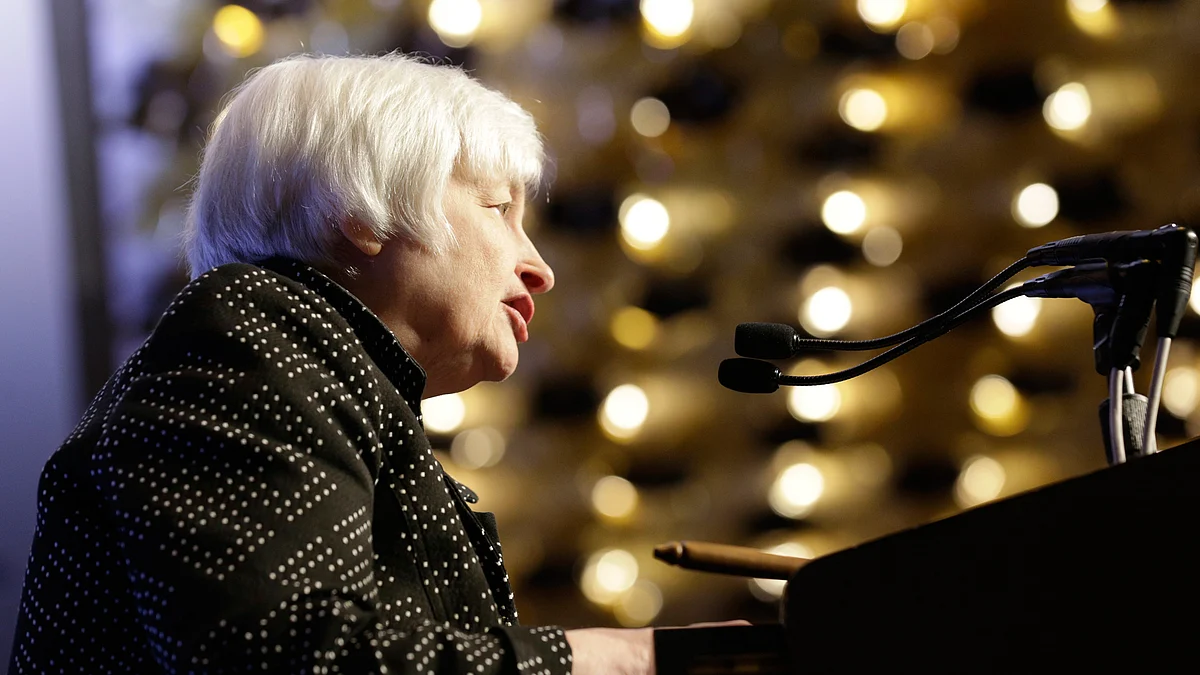
Teenomics: Why the US Fed’s Interest Rate Decision Is a Tough One
Wondering why all the fuss about the US Federal Reserve and interest rates? Here’s all you need to know.

advertisement
There is an online game that I strongly recommend for anyone who wants to know why the debate on whether or not the US Federal Reserve, or the ‘Fed’, will raise interest rates next week, is such a big deal. The game is called So, you want to be in charge of Monetary Policy?
You become the Fed Chairman and plan the future of the US economy. It’s good fun. Every time I have played the game, it has been with students in the training room, most of them got rejected for second term as Fed Chairman by the end of the game because their interest rate decisions worsened the economy. It always surprised them (and tickled me) when I normally got re-appointed to lead the central bank. The trick, which I would tell them later, is to hold. In the game, you get to raise or lower interest rates while you get hit by unexpected news, and the impact on inflation and employment is quite a learning experience.
When in doubt, hold. And that’s exactly what the Fed has been doing for almost a decade now.
Crash Course
- What started with the fall of Lehman spiralled into a global financial crisis
- Then Fed Chairman, Ben Bernanke, cut interest rates to almost zero in 2008
- Lower rates and money pumped in by Fed eased borrowing, but not for too long
Echoes of 2008 Crash Dying Down, Rate Hike Likely
But now, finally, all signs point to a strong likelihood that the US Federal Reserve will raise interest rates at its meeting on December 15-16. The US economy seems to have provided ample news on stability for the central bank to believe it can now tighten lending rates.
What started the downfall in the economy was basically the rot in the banking system – as we can tell now with all sorts of regulatory issues and investigations in the works at every financial institution.
It was the Lehman Brothers that led it all – a bankruptcy that spiralled into a GFC (an acronym TV talking heads love to refer to for the Global Financial Crisis). To make life easier on people, then Fed Chairman, Ben Bernanke, cut the interest rates to almost zero in 2008 and printed more money. This meant easier borrowing at a time when everyone was sinking in debt. That money pumping helped, but not for too long.
Catch 22
- Currently US inflation is still below the Fed’s 2 per cent target
- Growth has risen to 2 per cent and unemployment rate has fallen
- Fed, by raising rates, wants to indicate to the world that US economy is improving
- Caveat: Fed is planning to raise interest rates when world economies are cutting them to counter global slowdown
Will Fed Step off the Gas?
The current inflation is still slightly below the 2 per cent target, but the Fed seems hopeful of meeting the inflation goal. It appears that ample new jobs are being created in the US, fewer people are jobless and the economy is growing at around 2 per cent a year. Not the greatest number, but at least it’s growing.
The disconnect is that the US is planning to raise rates at a time when the rest of the world is cutting them to factor in the growth slowdown everywhere. But what the US needs right now is some good news and raising rates indicate to the whole world that the US economy is strengthening, people have jobs and therefore, are in a position to spend and borrow more. So whatever the Fed does next week – hold or raise – it’ll be damned if it did, damned if it didn’t.
What Janet Yellen does next week will be a testimony of the strength of the US economy. Sit on her chair and you’ll realise how at every stage, she must look for a little wiggle room to make decisions on what to do with the rates trigger. The situation gets worse if unexpected factors such as, oil prices, terrorist attacks or manufacturing activity slowdowns in other countries impact your decision.
It is indeed a tough game to play.
Teenomics is a column that demystifies economics for young adults. Kavita Chandran is a Reuters journalist. The views expressed here are her own.
- Access to all paywalled content on site
- Ad-free experience across The Quint
- Early previews of our Special Projects
Published: 10 Dec 2015,04:16 AM IST